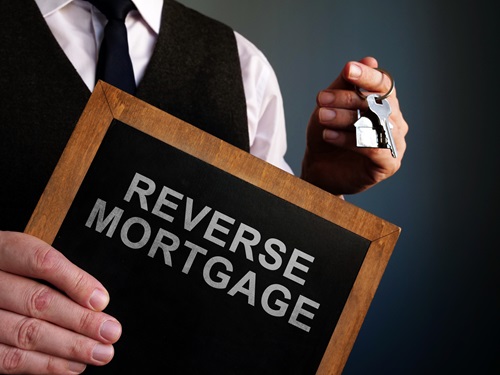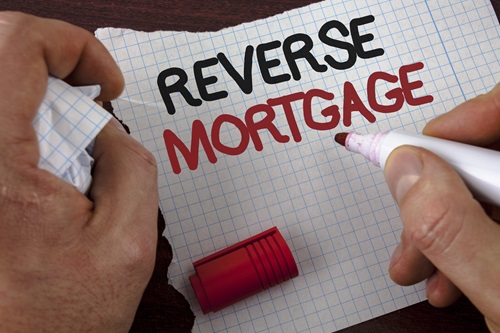
As retirement approaches, many homeowners face the question: Should I tap into my home equity through a reverse mortgage or downsize to a smaller, more affordable home? Both options can provide financial relief and greater peace of mind, but the best choice depends on your personal goals, lifestyle, and financial situation.
Understanding Reverse Mortgage
A reverse mortgage is ideal for homeowners who are at least 62 years old and allows you to convert part of your home equity into cash without having to sell your home or make monthly mortgage payments. Typically, the most common type is the Home Equity Conversion Mortgage (HECM), which is federally insured.
Benefits of a Reverse Mortgage:
- You can stay in your current home
- Additionally, receive tax-free cash (as a lump sum, monthly payments, or line of credit)
- There are no monthly mortgage payments (you still pay taxes, insurance, and maintenance)
- It can be used to supplement retirement income or cover healthcare costs
Things to Consider:
- However, it reduces the equity in your home in Greenville SC
- It also affects the inheritance you may leave to heirs
- Keep in mind that closing costs and fees can be higher than traditional loans
- You must continue to live in the home as your primary residence
Understanding Downsizing
Downsizing involves selling your current home and buying (or renting) a smaller, less expensive one. As a result, this can free up equity, reduce living expenses, and simplify your lifestyle.
Benefits of Downsizing:
- You gain access to a lump sum of equity from the sale
- Furthermore, you benefit from lower utility, maintenance, and property tax costs
- It provides an opportunity to relocate closer to family or to a more suitable area
- You can simplify upkeep with a smaller property
Things to Consider:
- On the other hand, leaving a long-time home can be emotionally difficult
- Real estate market conditions may, at times, affect selling or buying
- Additionally, there are costs associated with moving, buying, and settling into a new place
- Smaller homes or retirement communities may have limited inventory
 Reverse Mortgage in Greenville SC
Reverse Mortgage in Greenville SCHow to Decide
Here are some key questions to help guide your decision:
Do you want to stay in your current home?
If staying put is important for emotional or practical reasons, then a reverse mortgage in Greenville SC may make more sense.
Is your home suitable for aging in place?
If your current home has stairs or is difficult to maintain, downsizing to a more accessible space may be safer and more comfortable.
What are your financial needs and goals?
If you need regular cash flow but don’t want to move, a reverse mortgage can help. Conversely, if you want to maximize the cash from your home equity and lower your monthly expenses, downsizing might be the better option.
What is your long-term plan?
Consider how each choice aligns with your lifestyle goals, healthcare needs, and the legacy you wish to leave.
Ultimately, there’s no one-size-fits-all answer to the reverse mortgage vs. downsizing question. Both can offer financial flexibility in retirement, but the right choice depends on what matters most to you. Therefore, speaking with a reverse mortgage specialist, financial advisor, or real estate expert can help you weigh the pros and cons based on your unique circumstances.
If you’re contemplating whether a reverse mortgage or downsizing is the right choice for your retirement in Greenville, South Carolina, David Stacey, a seasoned mortgage professional with over 40 years of experience, can provide personalized guidance tailored to your unique situation. In fact, as a specialist in residential mortgage lending, David is well-equipped to help you navigate the complexities of reverse mortgages and explore all available options.
To discuss your retirement financing needs and determine the best path forward, contact David Stacey at 843-491-1436. His extensive experience ensures you’ll receive informed advice to make confident decisions about your financial future.



 Reverse mortgage in Greenville SC
Reverse mortgage in Greenville SC
 Reverse mortgage in Greenville SC
Reverse mortgage in Greenville SC